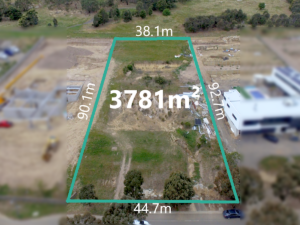
Modern cities are shaped not just by history or geography, but by vision. That vision often comes to life through real estate development, which transforms empty land or underutilised property into spaces where people live, work, and thrive. From residential suburbs to towering business districts, development is about more than buildings.
It’s about improving lives and creating sustainable communities.
Understanding the Full Scope of Real Estate Development
At its core, real estate development is the process of buying land, securing financing, designing the project, gaining approvals, and ultimately constructing buildings. However, it’s much more than a checklist. Developers must forecast market demand, consider environmental impact, and plan for long-term economic viability. It requires balancing creativity, practicality, and responsibility.
Why Strategy is More Important Than Speed
In the rush to capitalise on growing markets, some developers push projects forward without a strategic foundation. This often leads to overruns, delays, or underperforming assets. The most successful developers, by contrast, work methodically. They conduct feasibility studies, examine infrastructure needs, and take local demographics into account. Real estate projects must be financially feasible, legally approved, and socially integrated.
Community-Centred Planning is the Future
Gone are the days when development was driven purely by profit. Today, community engagement is becoming central to long-term success. Whether it’s affordable housing or mixed-use zones with public green space, the aim is to build places where people want to stay. This human-centred approach has led to increased demand for developments that offer walkability, sustainability, and liveability in equal measure.
The Role of Professional Advisors
Complex projects require expert insights. This is where real estate consulting becomes valuable. Consultants support developers in navigating market trends, planning regulations, and financial modelling. Their input often determines whether a project succeeds or stalls. For developers unfamiliar with a region or project type, the right guidance can save time, money, and reputation.
Technology is Changing the Game
Technology has transformed how developers plan, design, and build. Virtual modelling, AI-driven market analysis, and construction tech have made it easier to predict outcomes, reduce risk, and speed up timelines. What used to be reliant on intuition is now backed by data. Developers who embrace these tools gain a significant edge.
Real estate development is not just about building structures. It’s about creating enduring spaces that reflect cultural shifts, meet modern needs, and anticipate future trends. The developers who succeed will be those who think strategically, engage with communities, and build with purpose.





